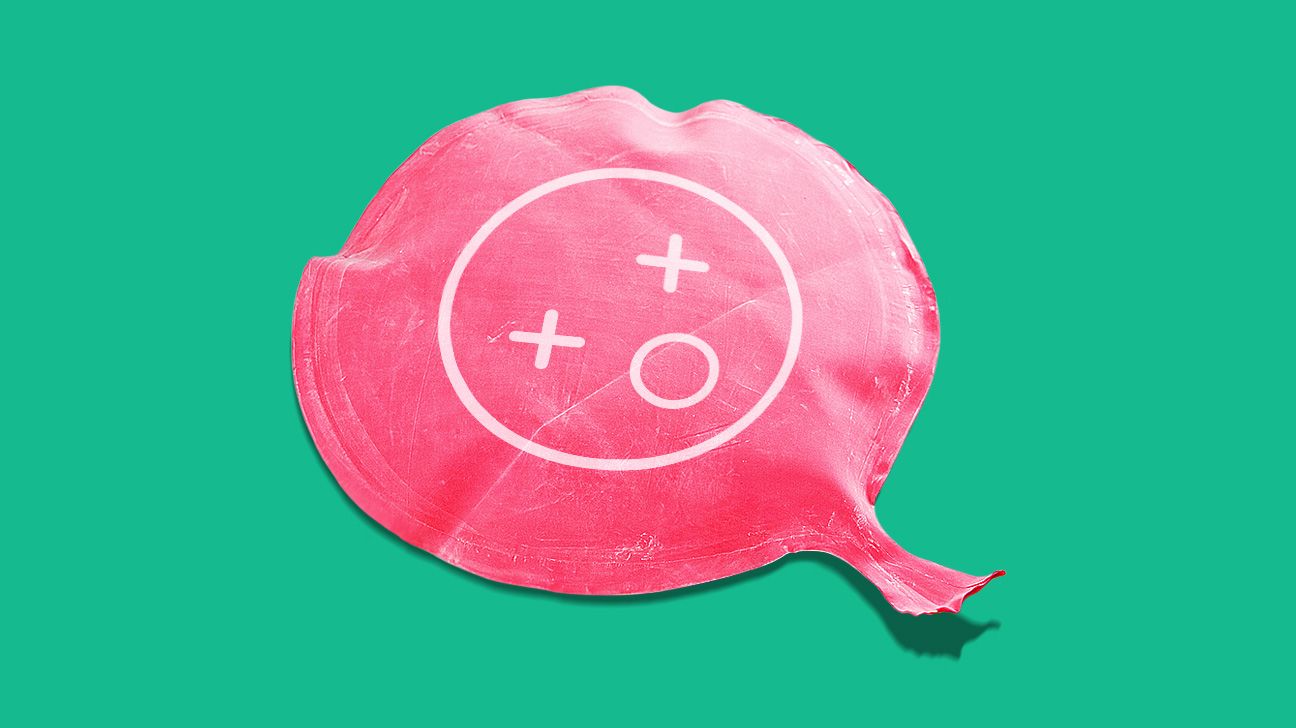Protein causing farting? Lactose or additives in protein powders could be the culprits.
Protein farts are a common, albeit smelly, side effect of high-protein diets. They happen because of how proteins are digested. But(t) don’t worry! We have some tips to help you say goodbye to those pungent protein toots without giving up your gains.
Protein farts are episodes of flatulence that don’t smell too pleasant! They’re generally due to upping your protein intake from supplements like protein shakes.
And while these butt whistles may be embarrassing, you’ll be glad to know they’re generally harmless.
Farts consist of different gases. The most stinky odors usually come from your gut bacteria, producing sulfur-containing compounds as they break down food. The main culprit is hydrogen sulfide, which gives off a characteristic rotten egg smell, yum!
But why do your protein choices lead to thunder from down under?
Well, there’s not much evidence that a high-protein diet causes protein farts. However, there’s some anecdotal evidence that supplementary protein — like protein bars, protein shakes, and powder powders — increases flatulence, but it’s likely due to non-protein ingredients like lactose.
Supplements containing whey protein or casein are derived from milk and are high in lactose, which can increase flatulence. If your body can’t properly digest lactose, it ends up in your colon, where bacteria feast on it, producing — you guessed it — more gas and cheek flapping.
So, whey protein can throw a curveball for those who are lactose intolerant or sensitive. Surprisingly, it might also stir up digestive drama even for folks who typically handle dairy like champs, potentially due to additives like fart-inducing sweeteners or thickeners.
Some people may also have more significant issues digesting protein. Proteins are big, complex molecules — breaking them down is no small task for your gut. Plant-based protein supplements, like those based on soya beans, may also worsen flatulence.
FYI: Another reason why flatulence is common with protein powders and supplements is due to the addition of artificial sweeteners in the powders and bars, like sugar alcohols, sucralose, sorbitol, xylitol, and stevia.
If you’re looking to continue your protein regimen without becoming a walking, talking whoopee cushion, here are some strategic adjustments you can make:
1. Ease into it
Don’t just dive into the deep end with your protein intake — wade in slowly. Gradually increasing the amount of protein you consume allows your digestive system to adjust without getting overwhelmed. This step-by-step approach can help minimize the likelihood of excessive gas.
2. Stay hydrated
Keep the water flowing. Drinking plenty of water is crucial as it helps your digestive system handle higher protein levels more efficiently. Proper hydration aids in the breakdown and absorption of nutrients, which can help prevent gas buildup.
3. Consider enzyme supplements
Sometimes, your body needs a little extra help. Enzyme supplements like Beano or Lactaid can be game-changers, especially if you consume proteins that your body struggles with. These supplements help break down proteins and lactose, making digestion smoother and less gassy.
4. Mix up your protein sources.
Variety isn’t just the spice of life — it can also be the solution to your protein fart problems. If whey protein tends to upset your stomach, explore other options like plant-based or animal-based proteins that might be easier to digest. Diversifying your protein sources can also ensure you get a broad range of nutrients.
5. Mind your mix-ins
What you blend your protein powder with can make a big difference. If you’re whipping up a protein shake, be mindful of adding high-fiber fruits and vegetables, as these can also increase gas production. Try to find a balance that allows you to enjoy the benefits of protein and fiber without the extra flatulence.
6. Probiotics might help
Introducing probiotics into your diet can improve your gut health, which can help manage and reduce gas production. Whether through supplements or probiotic-rich foods like yogurt, kefir, or sauerkraut, boosting your gut flora can aid in better overall digestion and less discomfort from gas.
Protein farts are a rather windy side effect of a high-protein diet, but they don’t have to knock you off course. Try easing into your protein consumption, staying hydrated, diversifying your protein sources, and integrating enzyme supplements or probiotics to max those gains, minus the stink bombs!


